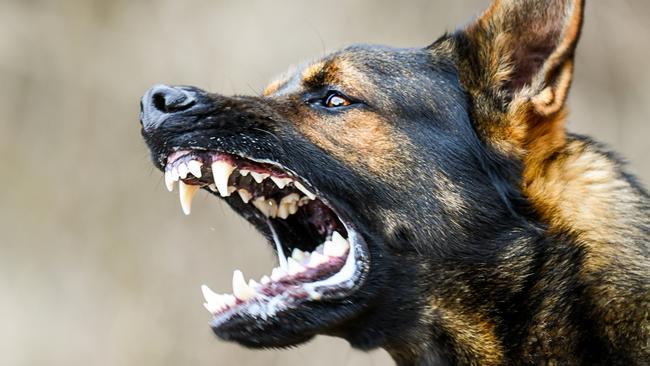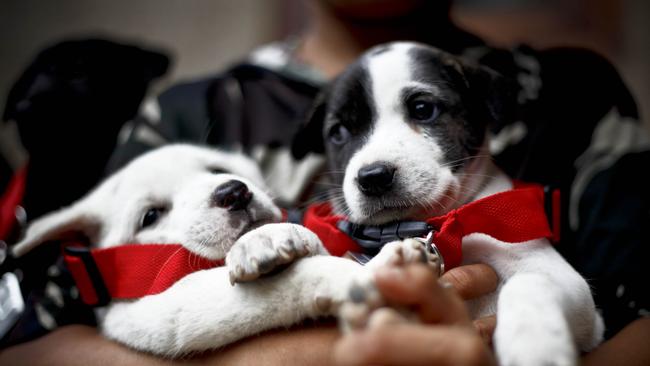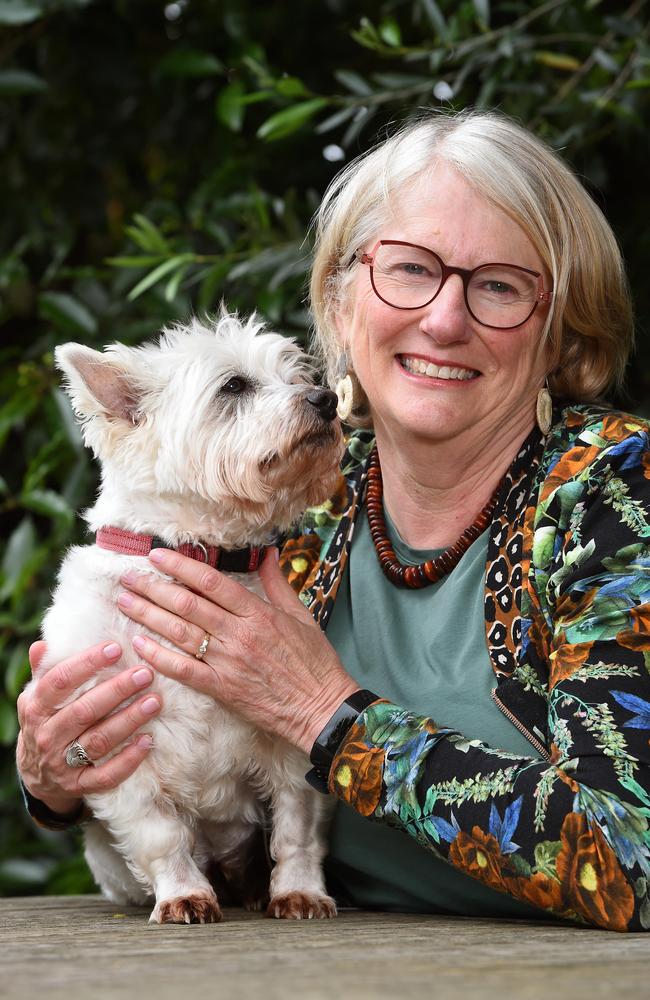Investigation underway after organised crime gangs use fake vax certificates on pets
A major investigation into organised crime gangs and their involvement in the pet trade is underway after Australians could have been exposed to the deadly rabies disease.

True Crime
Don't miss out on the headlines from True Crime. Followed categories will be added to My News.
Exclusive: Organised crime gangs peddling fake vaccination certificates for cats and dogs could have exposed Australia to the deadly rabies disease.
The offshore rackets, offering paperwork for animals being imported into the country by unwitting breeders and pet owners, has sparked a major investigation into the pet trade — here and abroad.
In America and Canada, imports have been suspended from 100 high-risk countries.
Urgent inquiries are underway in Australia into at least eight known cases of dogs and a cat arriving in Melbourne with false papers. One dog was considered so susceptible to developing rabies it was sent back overseas.
It is understood the eight cases discovered in Melbourne were linked to a freight forwarding company in South America with links to organised crime.

Quarantine staff at the Melbourne facility, where the animals were held, have been warned they may have come into contact with the virus, which once symptoms appear, is 100 per cent fatal in humans and animals.
Industry sources say it may not be an isolated incident and there is a possibility that more pets have slipped through with fake documents. The Department of Agriculture is investigating.
“One dog was exported due to the unacceptable risk it posed to Australia,” the department spokesman said.
“A cat and seven dogs were held for additional quarantine isolation and had to redo test treatments and examinations.”
Each year, thousands of dogs and cats are imported into Australia, which has always been dog rabies free.
The Australian Veterinary Association’s Dr Andrea Britton said Australia’s strict pre-border and border entry requirements had kept the country free of rabies infected dogs.
“It is important to remain vigilant … to keep reassessing … and to ensure dog importers are buying from credible breeders,” Dr Britton, an expert in international rabies control, said.

Crime gangs are targeting individual buyers of exotic breeds as well as commercial animal importers who pay tens of thousands of dollars for pets — and its safe passage into the country.
Animals which have undergone pre-permit assessments, pre-export tests, treatments and examinations in approved countries are only required to undergo 10 days of quarantine in Australia.
It is those records that have been discovered to be fake, so the crackdown may include quarantine periods being extended to 30 days with all animals requiring microchipping identification.
Australia is one of a growing number of countries detecting fraud networks making big money by providing fake documents to move companion animals around the world.
Almost 60,000 people a year die globally from rabies. Most people are infected by a dog bite or scratch. Rabies is treatable if people receive a vaccination within a short time of being infected. But once symptoms, such as fever hallucinations and seizures appear, which can be months later, it is too late and almost always fatal.

Burnet Institute epidemiologist Professor Mike Toole said he had seen people die from rabies in Thailand.
“It is a shocking, shocking, death, one the most shocking deaths I have ever seen,” Professor Toole said.
“(Australia has) a lot of infectious diseases on our radar at the moment, and the last thing we need is rabies.”
The US Centre for Disease Control (CDC) slapped a ban on pet imports from 100 countries for 18 months because of the growing risks from crime rackets. Canada also banned dog imports from the same countries.
In one case in the US, a dog infected with rabies was imported to New Jersey with fake documents, sparking a massive traceback exercise to find all animals and humans who had come into contact with the dogs.





